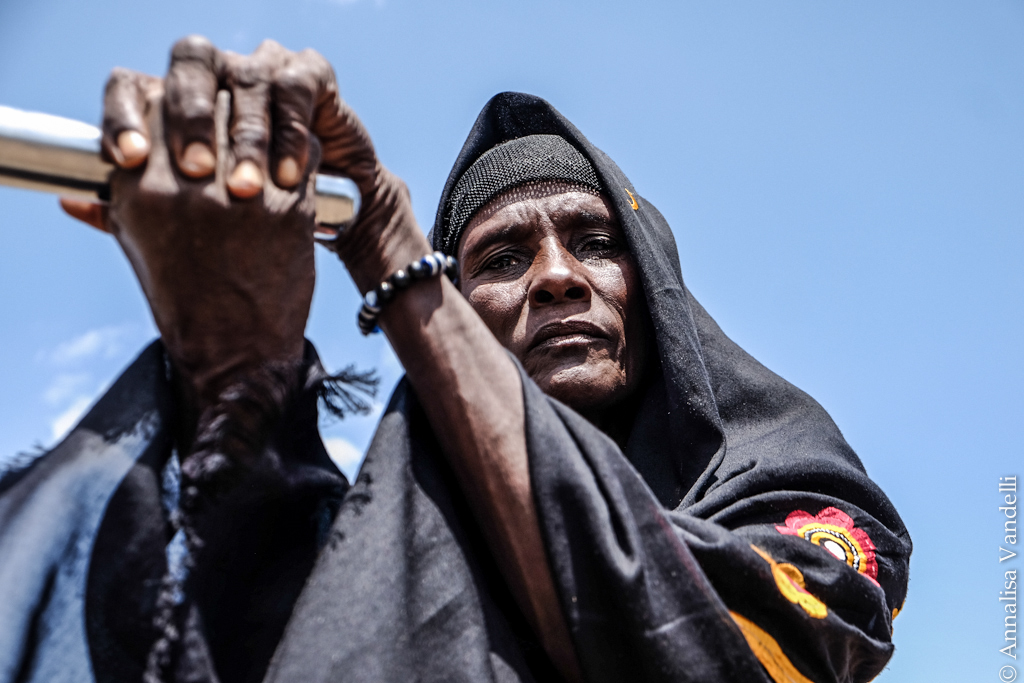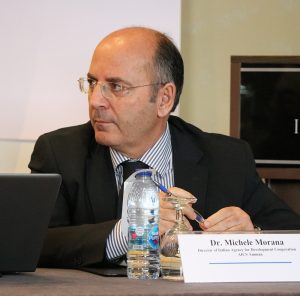The Italian Agency for Development Cooperation (AICS) is the operative platform of the Italian cooperation system, and it is called to perform activities associated with the elaboration, development, financing, management and control of international cooperation initiatives.
The Italian Development Cooperation has a significant presence in Ethiopia since 1976. With 140 million Euros funds made available for the period 2023- 2025 through the current three-year Ethio-Italian Cooperation Framework, Ethiopia confirms to be one of the priority countries of the Italian Cooperation.
Besides Ethiopia, the Addis Ababa Office of the Italian Agency for Development Cooperation is also responsible for initiatives financed in Eritrea, Sudan, South Sudan and Djbouti.
In Eritrea, one of the youngest countries in Africa and among the most socio-economically vulnerable, despite some progress in the health sector, the country faces significant challenges due to regional instability, limited economic development, and growing food insecurity exacerbated by global crises. Italy has been a longstanding partner of Eritrea since its independence in 1993, supporting essential services in health, food security, WaSH, vocational training, and cultural heritage. Despite challenges posed by regional instability and operational constraints, Italy has maintained continuous dialogue with Eritrean authorities and currently finances 13 humanitarian and 2 development projects for a total of €9.37 million, aligned with the UN Sustainable Development Cooperation Framework (UNSDCF). Recent efforts have focused on health, water supply, and agriculture, with attention to displaced populations and host communities. AICS monitors the evolving context to identify opportunities for engagement that reinforce local resilience and improve access to basic services.
The Addis Ababa Office also oversees initiatives in Sudan, where Italy has a long-standing tradition of cooperation dating back to the 1980s. Through AICS, Italy has become a strategic partner in supporting Sudan’s socio-economic development and stability. Despite the ongoing crisis, Italy remains strongly committed, with €150.9 million invested in 45 initiatives. The main areas of intervention include health and the fight against malnutrition (63% of the portfolio), poverty reduction and livelihoods support (17%), social protection (7%), and gender equality and women’s empowerment (11%). This integrated approach, which combines emergency response with long-term development programs, aims to strengthen resilience, inclusion, and peacebuilding across the country.
In South Sudan, this Agency has primarily focused on responding to the humanitarian crisis resulting from the 2013 internal conflict. The priority sectors of intervention are the provision of basic services and the protection of the most vulnerable part of the population, with a focus on the Internally Displaced Persons (IDPs) in the urban and peri-urban areas of Juba and the former Lakes State. Actions are also carried out in the resilience and protection sectors.
In Djibouti, the work of this Agency aims at improving public health with a focus on strengthening the skills and capacities of the institutions and health workers, and at raising the awareness among the community of women’s health, with a special focus on reproductive and maternal-child health, and on the complications stemming from the different types of Female Genital Mutilation (FGM).
These initiatives are carried out through bilateral, multi-bilateral agreements with implementing agencies, by Civil Society Organizations (CSOs) or by local authorities, through grants or loan.

